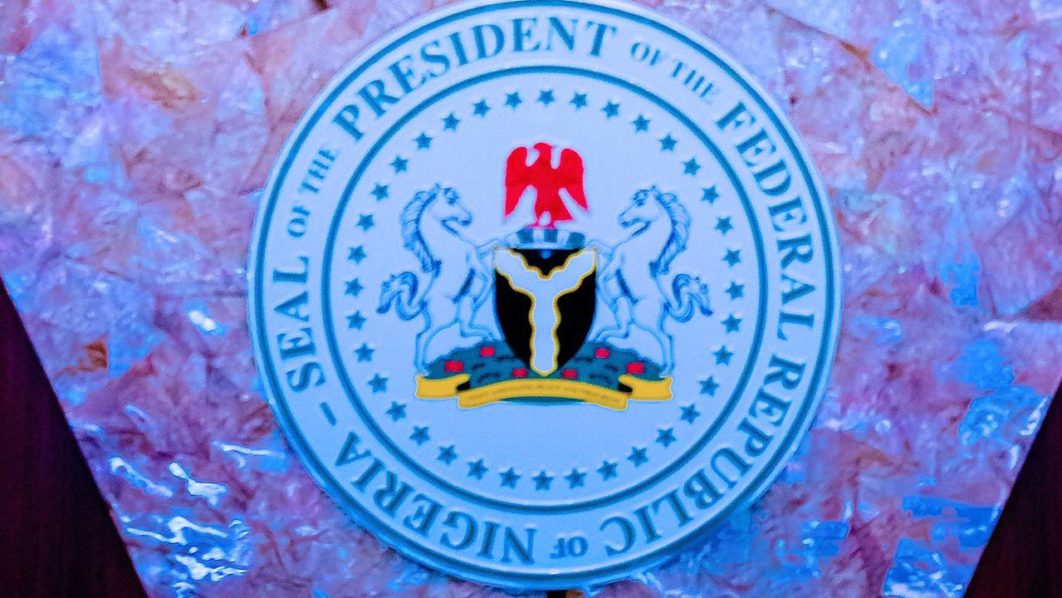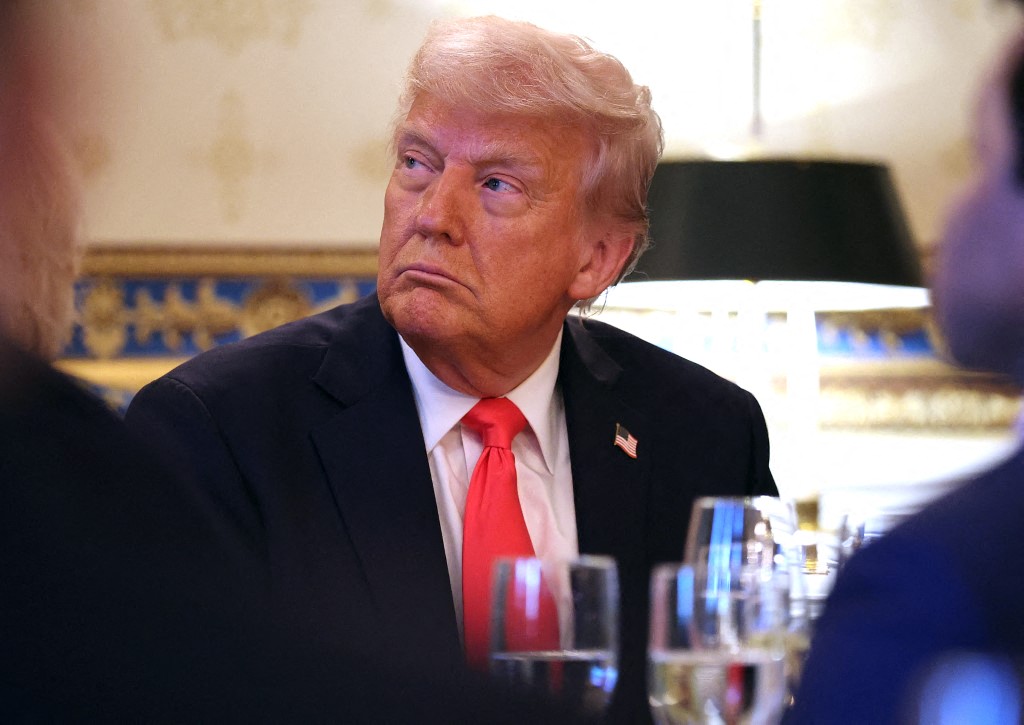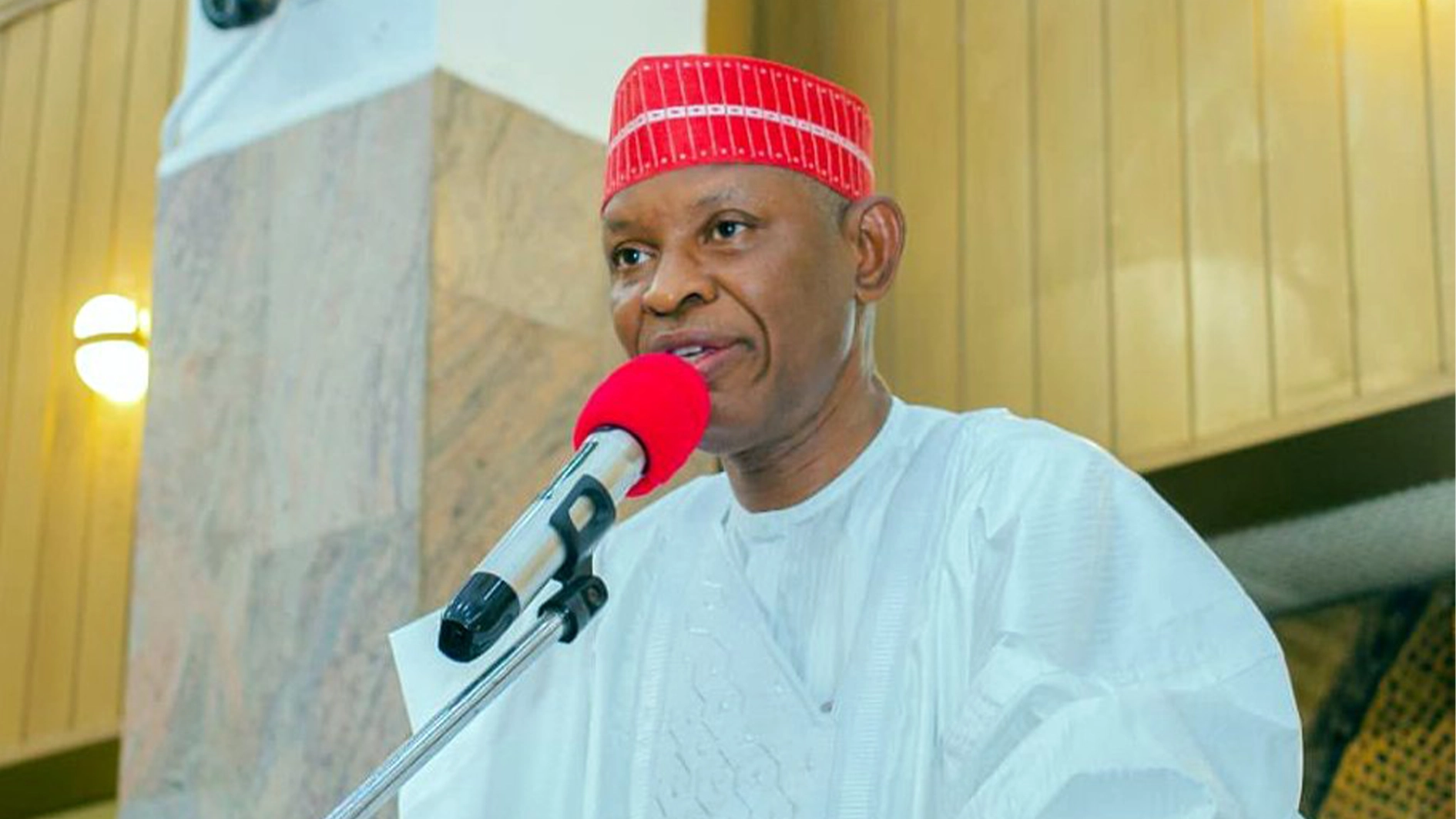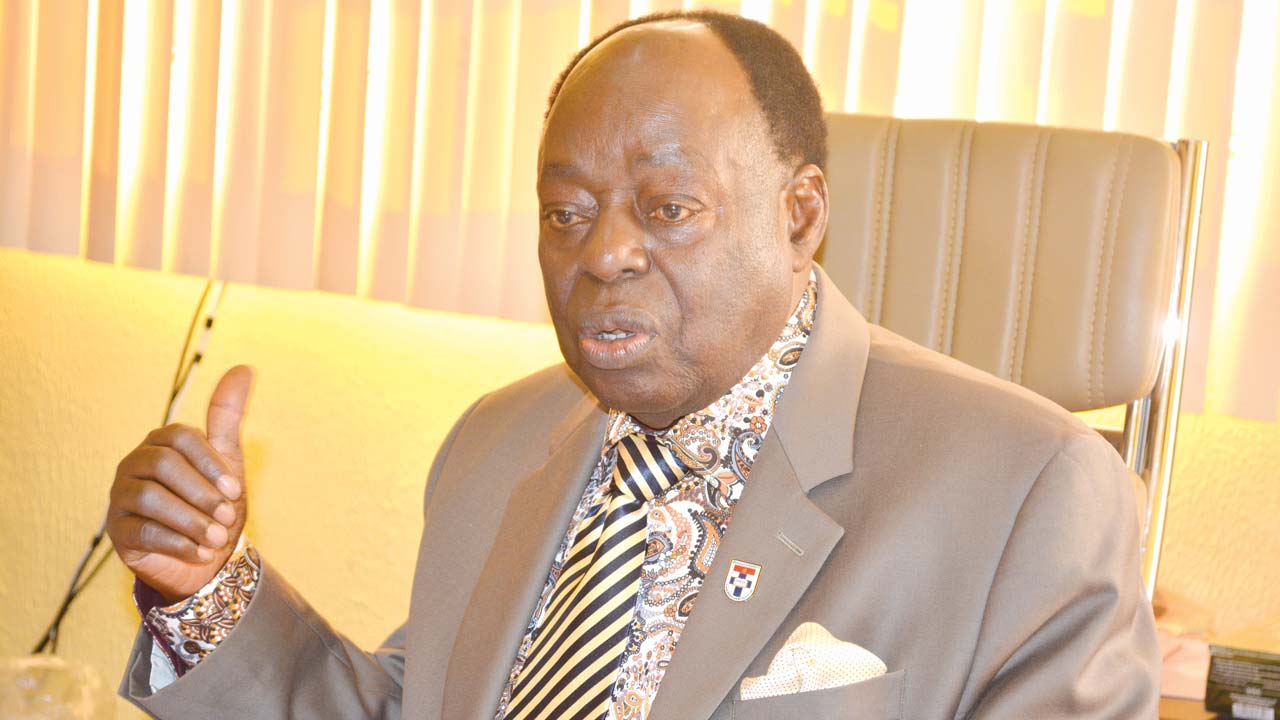
Season’s greetings, Mr President. Enjoy this piece while your holidays last. Today, I address some of the issues raised in your maiden media chat as they relate to current realities. You were probed on a range of topics, namely, food stampede, productivity, corruption, tax reform, oil subsidy, market reforms, deficit budget, and others. I shall reason with you on some of these issues seriatim.
First, I address the death from the food stampede resulting from the food sharing in Ibadan, Abuja and Okija. On 18th December, a funfair event at the Basorun Islamic High School, Ibadan, Oyo State, organised by the Wings Foundation and Agidigbo FM radio ended tragically. Central to the event was the sharing of food and cash that witnessed a mammoth turn-out. According to reports, people thronged to the venue a day before the tragic Wednesday from neigbouring towns such as Ogbomosho. The resulting stampede led to the death of 35 children with about six others hospitalised. The next scene of death was the Holy Trinity Catholic Church, Maitama, Abuja, the federal capital territory, on Saturday 21 December. The prospect of food distribution saw a surge of impoverished people in the church and the ensuing stampede, about ten persons lay dead and several others were injured.
The Okija tragedy in Anambra State followed the Maitama incident on the same day. The motive force was the same hunger. A Philanthropist, Ernest Obiejesi of the Obijackson Centre, Okija, had billed to share food that attracted an unprecedented crowd of hungry Nigerians. Then, tragedy struck. At the last count, about 29 persons were dead, including children in the race for a morsel of rice.
Mr President, you explained these incidents away as a consequence of poor organisation and took pride in the fact that for upwards of 25 years, you had done the same thing in your Bourdillion abode, Ikoyi, Lagos, to hungry Nigerians without any incident, and therefore offer your condolences. Condolences offered are the least expected of the president. But you missed the whole point about causation. Perhaps you knew it and didn’t want to shoot yourself in the foot. The answer lies in the poor state of the national economy. Productivity is low, while peasant farm produce is undermined by widespread insecurity in the country. It is further complicated by the sheer looting of public funds by state actors. Besides, your twin policy of oil subsidy removal and floating of the naira further aggravated the matter with a consequent inflationary spiral of about 38 per cent.
The so-called oil subsidy removal is a mathematical fiction and does not exist. There is no economic logic in the world that says people should not enjoy a natural endowment or a gift of nature, and be subjected to the tyranny of international pricing. It was plain to everyone that the inability of the refineries to work, sabotaged by highly placed Nigerians known to the Intel community, who profit from the heist, is the justification for imports of refined crude into the country.
Your Freudian slip to the effect that the Dangote refinery would fill the gap only affirmed the point that functional refineries are the answer to an import regime that has continuously creamed off the much-needed foreign exchange. Your reference to smuggling as part of the problem is worn, and problematic. If smuggling persists, it is the failure of security agencies and, by extension, the state. But it is an old argument. The neighbouring countries where smuggled products are taken to have refineries that supplement their imports. Their consumption figures do not support the smuggling logic that every regime, except General Abacha, had advanced as the reason for jacking up the prices of petroleum products. The take-off of Dangote Refinery underlined the economic merit of getting our refineries to work. According to some reports, its operation would affect about 90 European firms who gleaned about $17 billion from Nigeria through the import of refined products yearly.
The next issue is market reform when asked about possible price control. You express your zealotry on the determinism of the free market. It is a mere belief not backed by empirics. There is no economy in the world where the hands of the state are tied. Let me rehash for your enlightenment, the thoughts of Adam Przeworski, a Polish and U.S.-based scholar, in his “Neoliberal Fallacy”. The piece centres on the contradictory dynamics of neoliberal reforms, underscoring the fallacy inherent in its assumptions about market efficiency, market allocation of resources, democracy and economic performance, and modernisation and internationalisation. Przeworski notes that neoliberal rhetoric about its own merits leads to a blind alley. Market-enabled efficiency devoid of externalities or public goods such as education, skills, technology, and employment among others, is irrelevant, made so by the existence of incomplete market and imperfect information.
Also, the assumption of the market’s allocation of scarce resources is hortatory. While cautious about whether democracy promotes economic growth, Przeworski roots for the centrality of specific democratic institutions and policies evinced in social democratic countries. He further notes that adopting modernisation policies amounts to internationalisation that robs countries of sovereignty because of the accompanying deleterious policy prescriptions. In a note of finality, Przeworski warns that prescriptions that are based on ideological zeal, not on realities, would only increase human suffering and simultaneously undermine democratic input.
Mr President, from the stabilisation policy of the Shagari administration in the late 1970s to the early 1980s, the Structural adjustment policies of the Babangida administration from 1986 to 1993 and to date, they have not worked in the rebound of the national economy, but have resulted in largescale immiseration of the population. History, they say, is the best teacher. I will advise you to be guided by the realities of our situation, and demonstrate a measure of economic freedom through the mobilisation of the national productive forces with the singular objective of lifting our people out of poverty. This conversation continues next week.
Akhaine is a Professor of Political Science at the Lagos State University.






